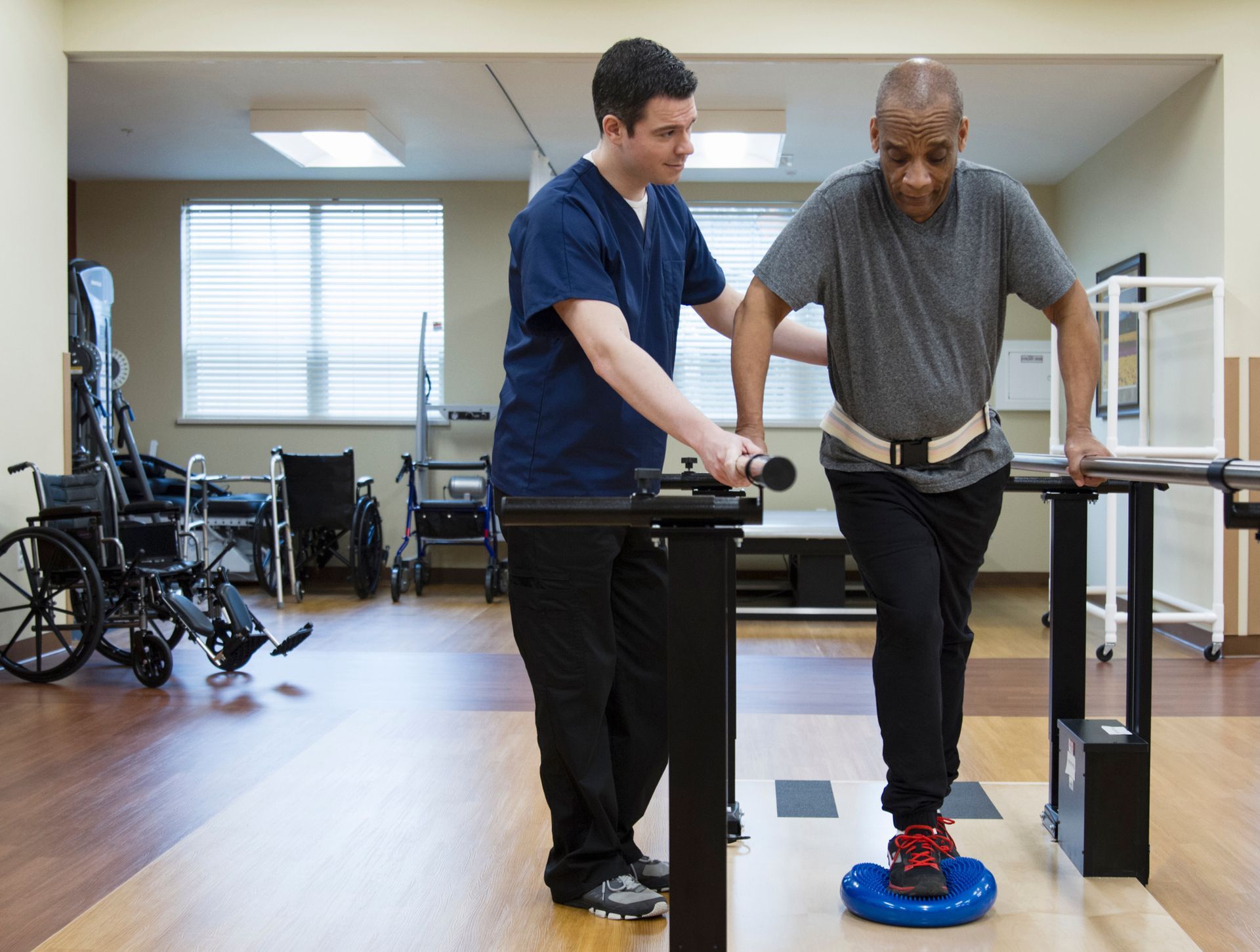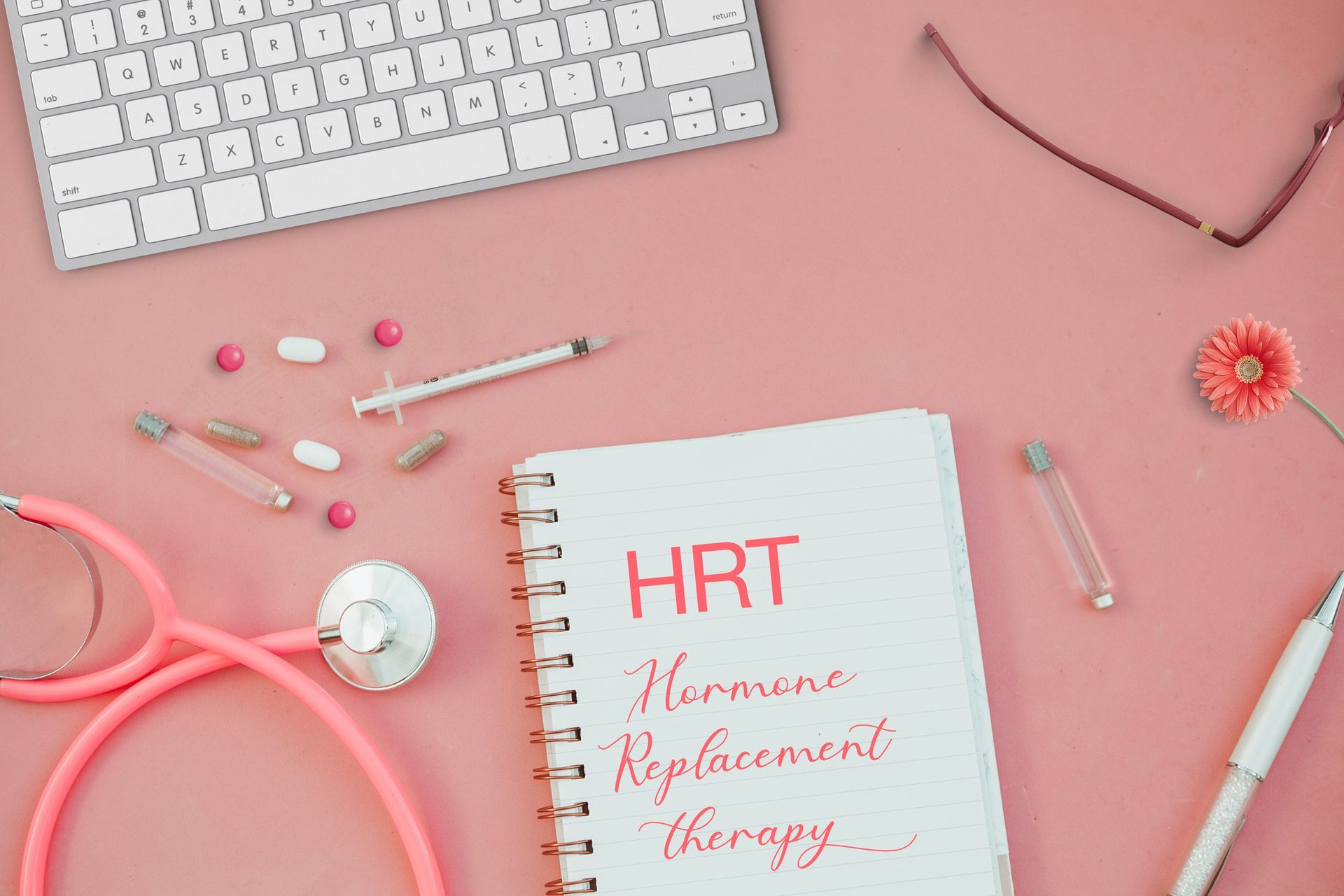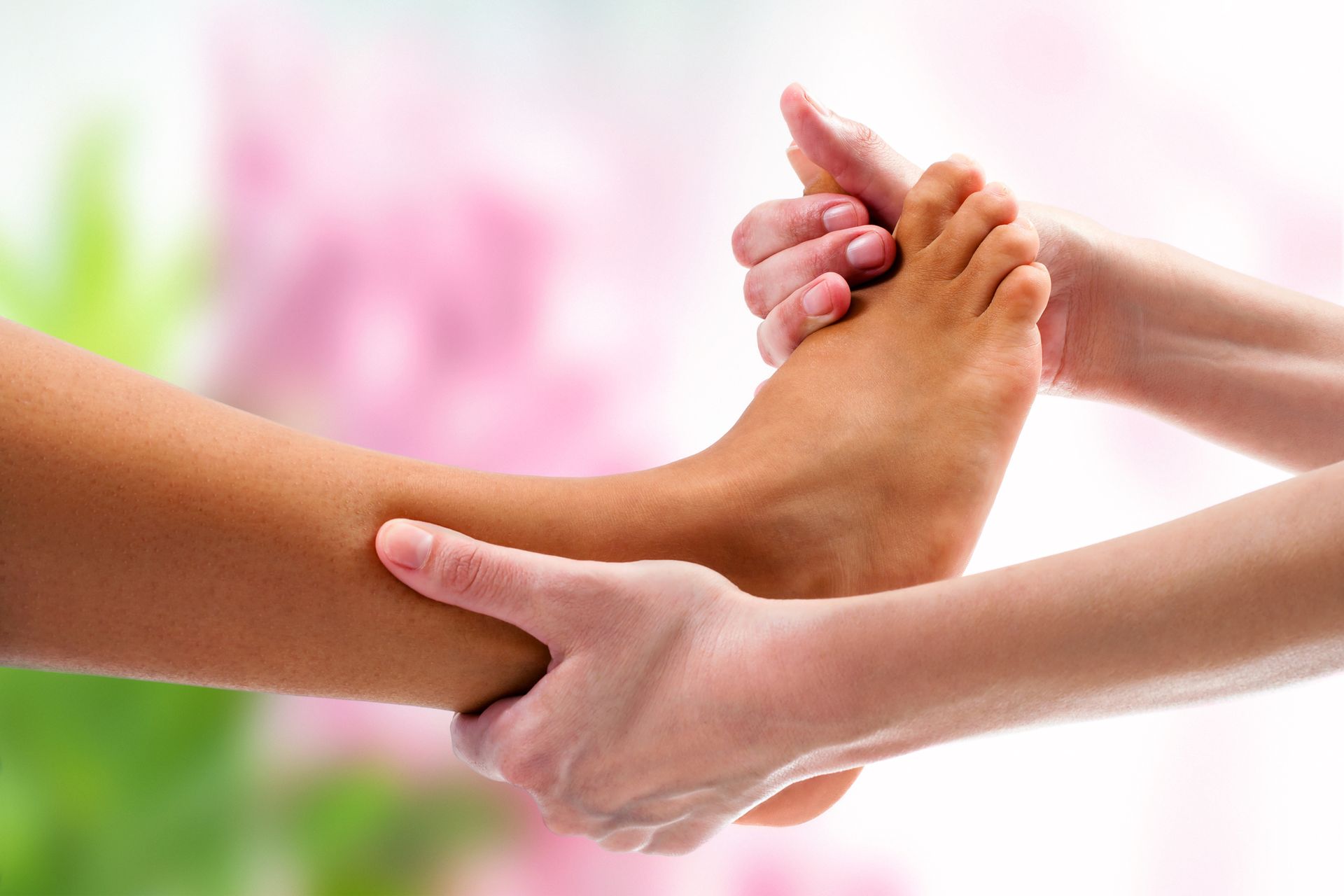Can Stress Cause Headaches?

Perhaps it’s no surprise to find out that a stressful day at work can lead to headaches. But up until recently, there wasn’t a clear connection between stressful events and pain.
In a study that followed more than 5,000 participants, researchers found that stress raised the frequency for all types of headaches. On the other hand, participants who reported lower stress levels had few or no headaches.
To help you gain a better understanding of the role that stress plays in the development of headaches, our experts at Northwest Medical share about the types of stress that cause pain and the treatments available at the moment.
Types of headaches
There are three different types of headaches: migraine headaches, secondary headaches, and tension headaches.
Migraine headaches are severe. They can last up to three days, and they’re usually accompanied by other symptoms, such as sensitivity to light, sensitivity to sound, and nausea.
The National Headache Foundation (NHF) suggests that although stress isn’t a direct trigger for migraines, it can increase your risk for them.
Secondary headaches are headaches with an underlying cause, typically strokes and tumors. These types of headaches can lead to pain and discomfort in the head and face, but they aren’t caused by stress.
Tension headaches are also known as stress headaches. According to the Cleveland Clinic, tension headaches affect up to 80% of Americans, and at least 3% of them suffer from chronic stress headaches.
Types of stress that can cause pain
It’s not just tragic events that can cause headaches. Most of the time, it’s the everyday, low-grade stress that triggers pain.
Here are some common causes of stress headaches:
- Demanding work environment
- Relationship issues
- Unemployment and financial problems
- Childhood trauma and abuse
- Anxiety disorders
- Lack of sleep
- Travel and new routines
Stress relief is an effective way to combat stress headaches. Some research indicates that meditation, when used for stress relief, can reduce the incidence of chronic headaches.
Don’t allow headaches to lower your life quality
At Northwest Medical, our headache specialist can help you determine the cause of your headaches and come up with a personalized treatment plan.
Our experts start by looking at your medical history, and they may also run a few blood tests or order a CT scan to rule out any potential underlying causes. Then, based on what’s causing the pain to occur, they may recommend treatments such as chiropractic care, massage therapy, or nerve blocks.
If you live near Cheyenne, Wyoming, contact us to schedule an appointment to get expert advice.










